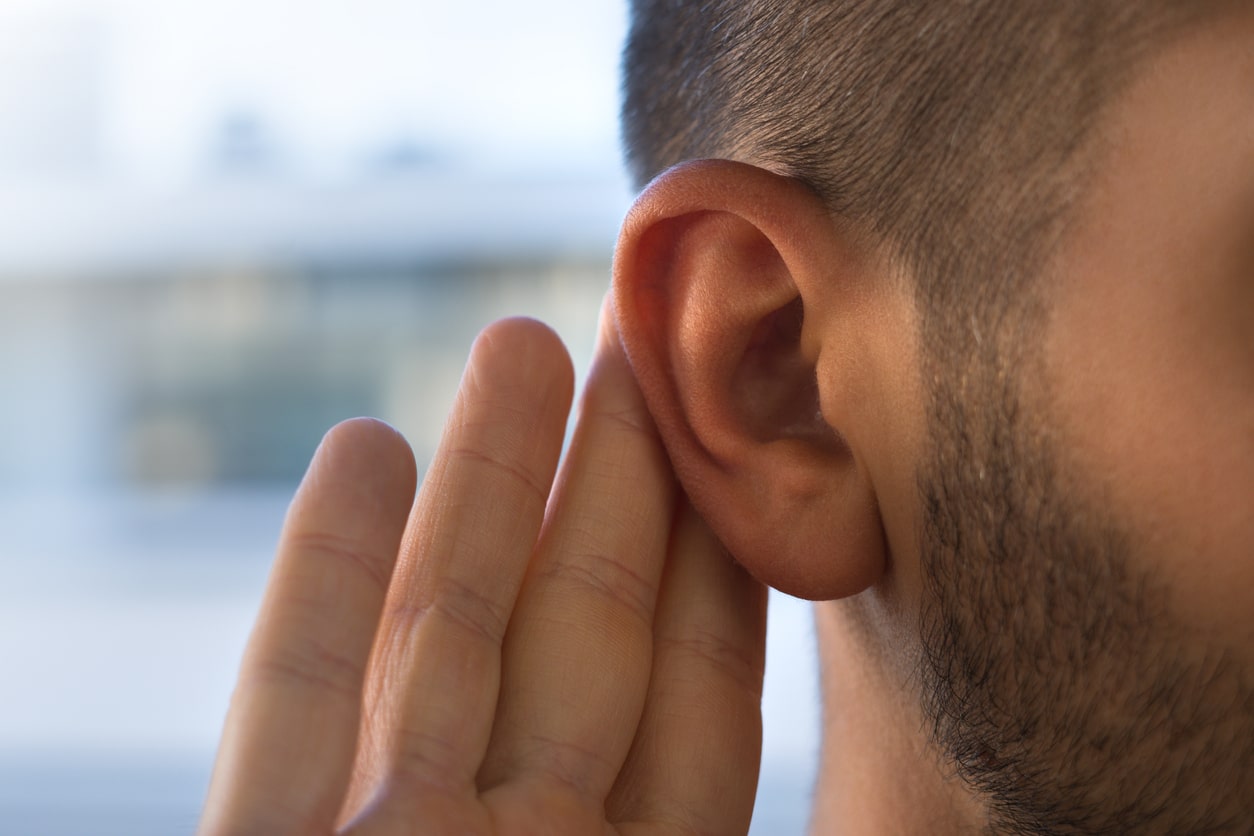According to the National Institute on Deafness and Other Communication Disorders, “About 2 to 3 out of every 1,000 children in the United States are born with a detectable level of hearing loss in one or both ears.” Furthermore, when it comes to adults, “Approximately 15% of American adults (37.5 million) aged 18 and over report some trouble hearing.”
Although hearing loss is prevalent, in many cases, it is preventable. Below, we review ways to prevent hearing loss throughout yours—or your child’s—life.
Infants

Although sometimes hearing loss in infants is due to genetics and, therefore, is not preventable, in other cases, it is caused by other factors that can be modified. For example, avoiding alcohol, marijuana and tobacco during pregnancy is essential for the development and health of your baby, including their hearing. In addition, staying up-to-date on vaccinations and taking prenatal vitamins can help prevent illnesses that lead to hearing loss.
Young Children
Middle ear infections are extremely common in children due to their Eustachian tubes—the passageways that connect their middle ears to the back of their throat—being much shorter and more horizontal than adults’. Inflammation caused by a cold or allergies can affect the Eustachian tubes and trap fluid in the middle ear, leading to conductive hearing loss. Seeking prompt treatment can prevent permanent damage to the auditory system as well as speech and language delays.
Adolescents
The World Health Organization estimates, “Over 1 billion young adults are at risk of permanent, avoidable hearing loss due to unsafe listening practices.” This largely has to do with music and other media listened to with earbuds or headphones. To protect your teen from noise-related hearing loss, educate them about healthy hearing choices, like keeping the volume below 60% of the maximum and listening no more than 60 minutes at a time.
Adults
In addition to noise exposure, changes in blood flow can affect hearing. This is because the inner ears rely on a healthy supply of oxygen from the bloodstream. If you have high blood pressure or other cardiovascular health problems, seek treatment and follow your doctor’s recommendations closely.
For more information or to schedule an appointment with a hearing health care expert, call The Hearing & Speech Center today.